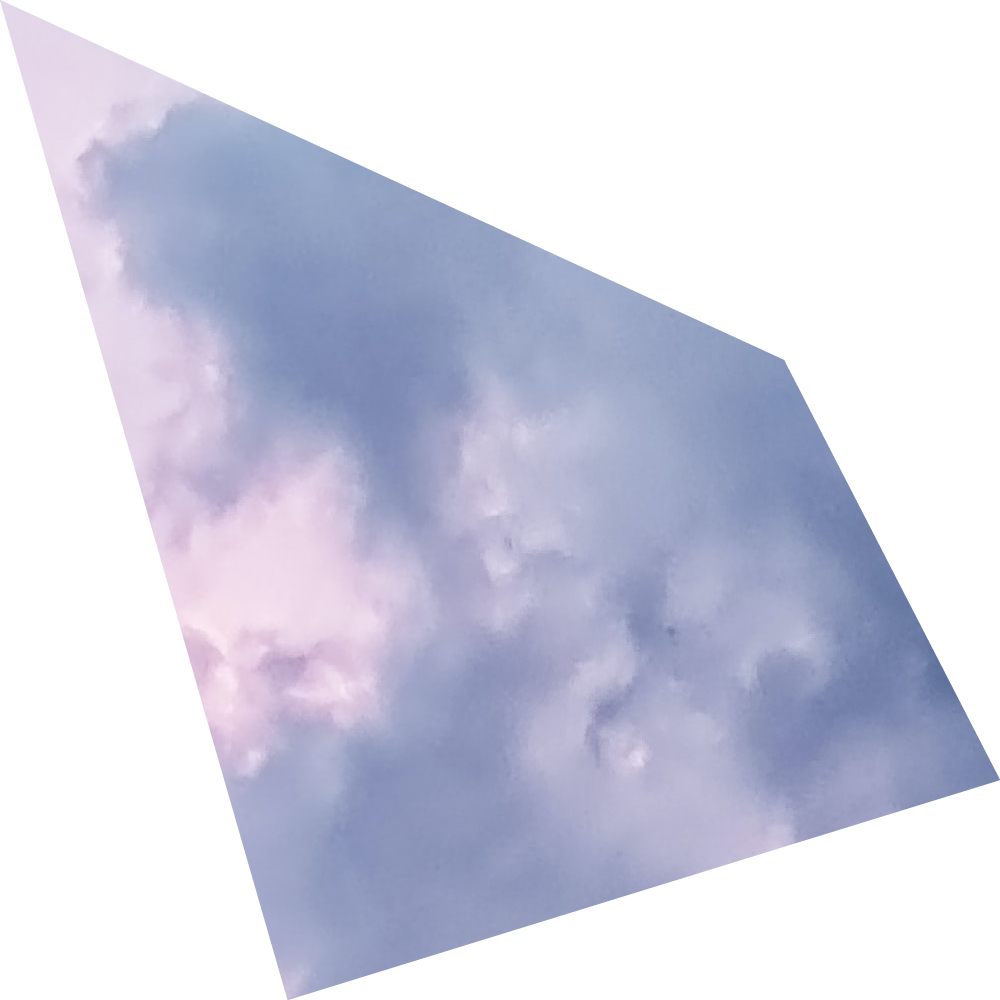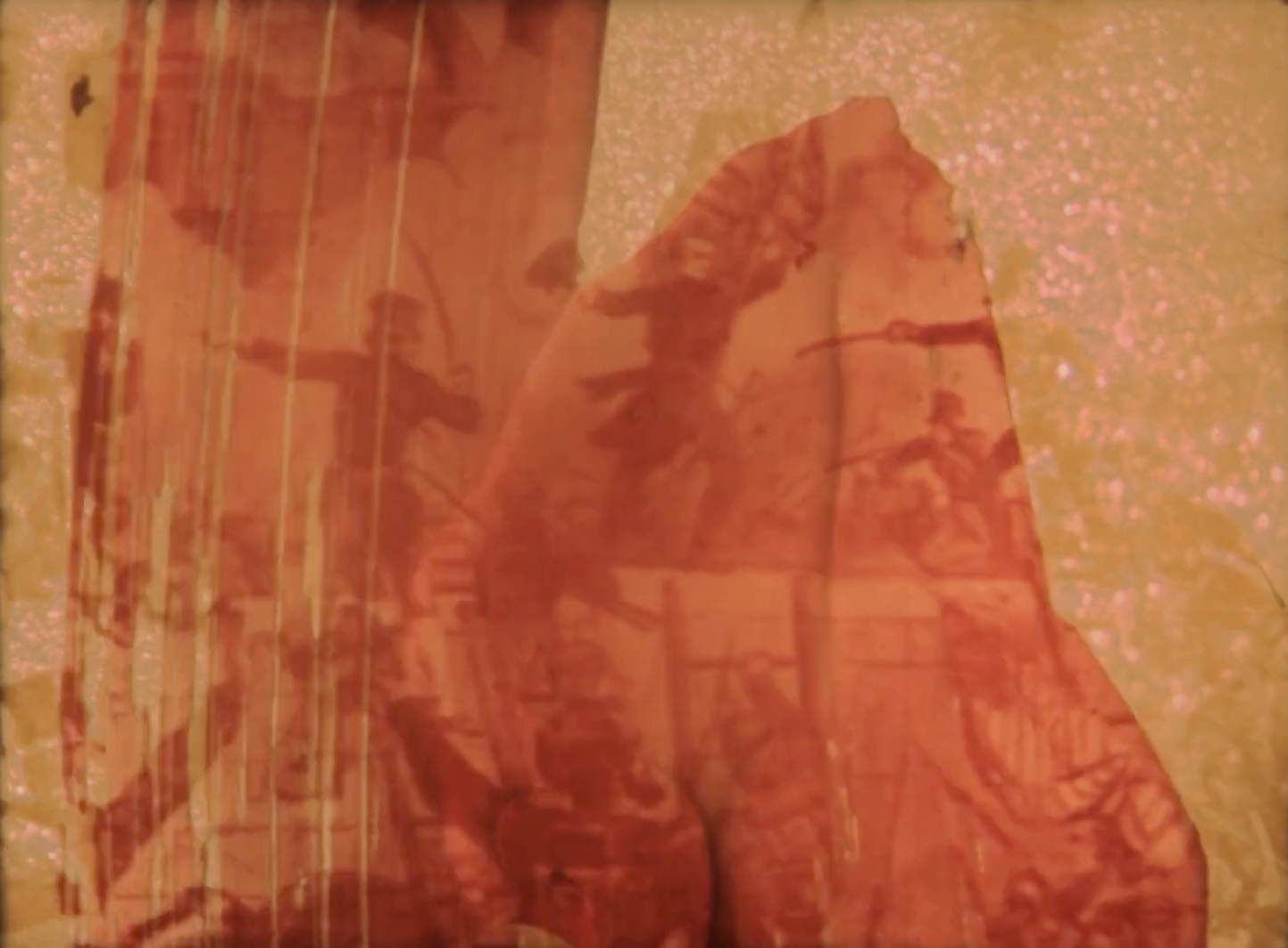FROM ALLY TO ACCOMPLICE
- Kelly Gallagher (II)
HD digital, 17 minutes 38 seconds, 16x9, 2015.
Artist Statement
Synopsis: “To-day at last we know: John Brown was right.” -W.E.B. Du Bois. This film is an experimental essay in three movements that explores the importance of being more than an “ally” in struggle, by sharing histories of committed accomplices and abolitionists John Brown, Marilyn Buck, and others. The film also delves into the history of the landscape and former prairie where Brown’s militant abolitionists trained in Iowa. In the face of oppression, radical struggle cultivates new life.
I am submitting a short film I made in 2015 that explores the abolitionist work of Marilyn Buck (who helped assist in the freeing of Assata Shakur from federal prison), and insurrectionary abolitionist John Brown whose raid at Harpers Ferry was a catalyst for the Civil War. The film explores the work of white accomplices in the struggle for abolition and Black liberation. As scholar Robin D.G. Kelley stated in a lecture given to the Organization of American Historians: “What [John] Brown did in effect, was to force anti-slavery sympathizers to come off the fence because as far as he was concerned there was no moderation or compromise on the question of slavery. He presented a model not of the ally, but of the comrade. For Brown, it was never Black humanity that was in question, it was white humanity that was in question. Silence and inaction in the face of human bondage meant complicity and complicity was dehumanizing because slavery was barbarism. So if you’re complicit you’re no better than a barbarian. [For white people] to become human required risking life and limb to end slavery… For whites willing to follow Brown, freedom was an unearned privilege in a land of slavery. The act of insurrection was a symbolic repudiation of that privilege.”
Artist Bio
Kelly Gallagher is a filmmaker, animator, and Assistant Professor of Film at Syracuse University. Her award-winning films and commissioned animations have screened internationally at venues including: Museum of Modern Art, The National Gallery of Art, Sundance Film Festival, the Smithsonian Institution, Anthology Film Archives, SXSW, and International Film Festival Rotterdam. She’s presented solo programs of her work at institutions including: SFMOMA, Close-Up Cinema London, SF Cinematheque, and Wexner Center for the Arts among others. Kelly enthusiastically organizes and facilitates inclusive film workshops, camps, and masterclasses for communities and groups of all ages.
Many of her films often ask questions about topics of left revolutionary history. Other films serve as confrontations themselves, resistance made visual. Her work is interested in both explorations: film as a tool to re-open, re-discuss, re-discover forgotten or untold histories, and film as a tool of confrontation. Several works also explore the deeply personal, and are more essayistic.
Kelly believes that film/video and animation hold an important space of potentiality for artists who want to create visualizations of resistance to racism, exploitation, capitalism, imperialism, patriarchy, and colonialism. By creating visualizations of resistance in her films, she seeks to offer visual sparks of encouragement and hope to those engaged in struggle. When she first saw Lizzie Borden’s beautifully radical film “Born in Flames”, she felt encouraged by the women on screen fighting back against sexual harassers. She felt connected to them through their confrontations and struggles. Film as confrontation and visualized resistance is imperative for Kelly in her work because by creating visualized representations of a world in which our impact actually ruptures capitalism and systemic patriarchy and racism, we are given the realization that such a world can even in fact exist and that our political efforts are not in vain, but are in fact imperative. More at
https://purpleriot.com/.


